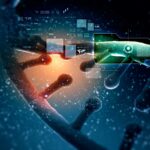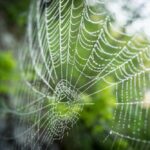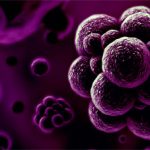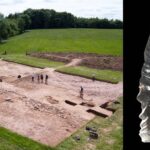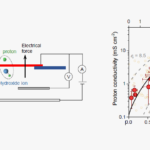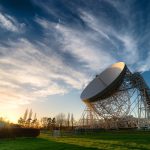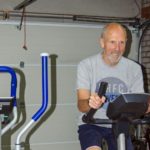£3 million 3D printing initiative aims to help Greater Manchester companies build back better
Greater Manchester businesses are to benefit from a new initiative that will help them understand and utilise 3D printing technology in order to develop...
Wide North/South gap in life science investment, IPPR reveals
New analysis reveals a North/South divide in life science investment. Overall, the North of England receives £4 billion less investment per year in health...
Manchester Scientists stick to spider silk for biodegradable alternative to traditional glue
Scientists have successfully produced synthetic spider silk to create a new biodegradable glue alternative.
The University of Manchester-based researchers found that their homemade synthetic spider silk...
Salford team find breakthrough in fight against antibiotic superdrugs
A team of scientists working at the University of Salford may have found a solution to an antibiotic crisis even though they weren’t even looking...
It’s TedX time this weekend at the Bridgewater Hall
Greater Manchester's Mayor Andy Burnham will be one of the speakers at this year's TedX talk at the Bridgewater Hall this Sunday.
He will be...
Government urgently needs to gauge public perception of new track and trace app
Governments urgently need to understand public priorities before they roll out track and trace, according to new research.
One of the earliest studies to...
Manchester Archaeologists discover how Prehistoric Brits used rare rock crystals to mark burial sites
Distinctive and rare rock crystals were moved over long distances by Early Neolithic Brits and were used to mark their burial sites, according to...
Manchester Scientists discover they can pull water molecules apart using graphene electrodes
Writing in Nature Communications, a team led by Dr Marcelo Lozada-Hidalgo based at the National Graphene Institute (NGI) used graphene as an electrode to measure both the...
First radio detection of Type Ia supernova explosion captured at Jodrell Bank
After decades of trying, astronomers have found the origin of a Type Ia supernova explosion using radio emissions, thanks to the e-MERLIN telescope network...
‘Like a fitbit in your heart’ – remote pacemaker study to help cardiac patients...
A study at The University of Manchester will analyse heart patients’ activity levels through their pacemakers, to determine which people are at the highest...


